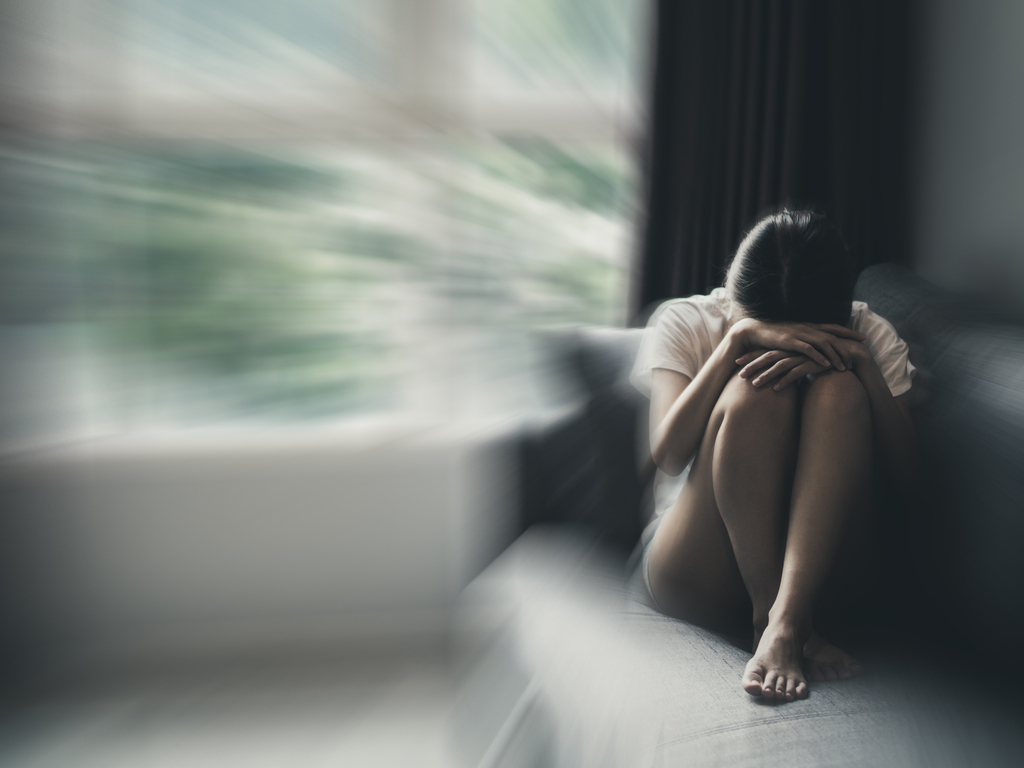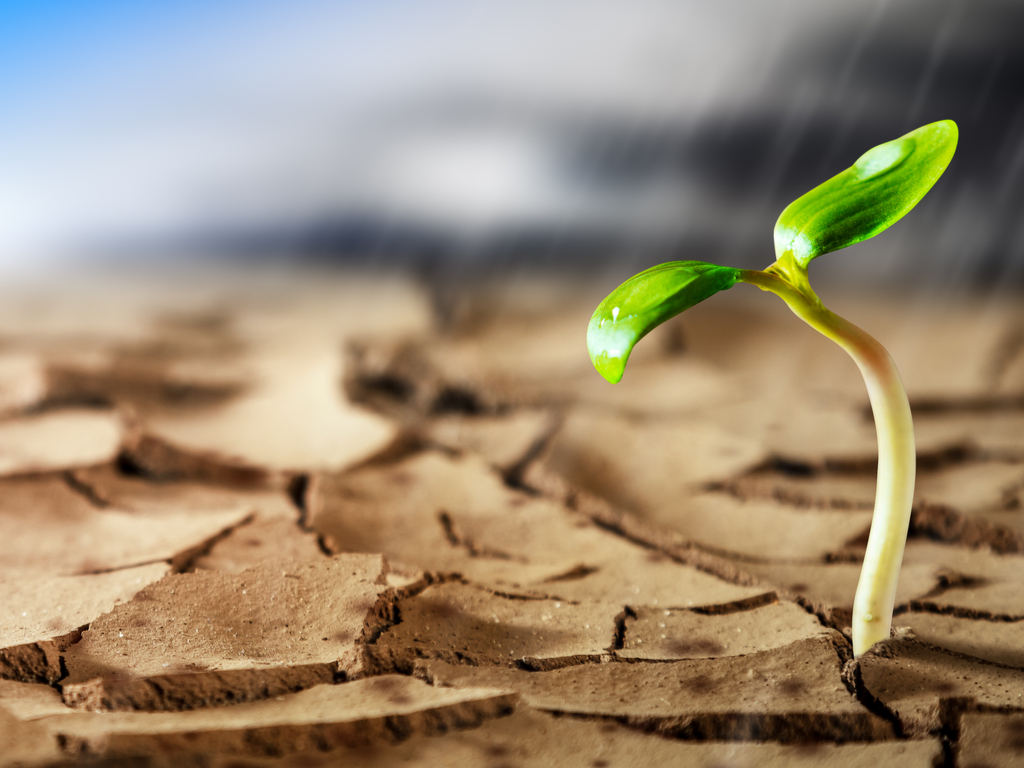
Hopelessness can definitely be a part of depression. However, you can experience the feeling of hopelessness without actually suffering from depression. And vice versa, a person may suffer from depression but might not experience hopelessness as a major symptom.
However, as you continue reading you will see that the two are very much interlinked. And indeed, many people who are diagnosed with depression will indicate that they have, or have had in the past, feelings of hopelessness.
What Is the Difference Between Depression and Hopelessness?
Depression is a medical illness, often referred to as a mood disorder. People who suffer from depression often require professional help and may need to use medication. There are a number of different types of depression. Some of the other symptoms vary. However, they’re all similar in that the person experiences a very low mood with intense sadness.
Hopelessness, on the other hand, is an emotion or a feeling. Someone experiencing hopelessness feels as though there is no hope for the future. While hopelessness is a common symptom of depression, not everyone that experiences hopelessness will be diagnosed with depression.
Most people will experience hopelessness at some stage of their life. It can often be just a brief passing moment. Sometimes the feelings of depression can leave if the situation or event improves. With diagnosed depression however, it often lasts for a more extended period. Even if events or the situation improves, depression does not necessarily dissipate.
What Does a Person Experience?
When hopelessness is a part of their depression one can experience both mental and emotional symptoms. Having physical symptoms arise as well is not uncommon. Emotionally, the person will find it very difficult to find pleasure or joy in anything. This can be accompanied by feelings of emptiness and great sadness.
Physically, the person may experience fatigue and find it hard to maintain the energy required, even for simple tasks. Sleeping too much or having difficulty falling and staying asleep are common sleep problems. Eating patterns can change drastically also, either overeating, or not eating enough. Other symptoms may include physical pain in the body.
Nine types of hopelessness have been recognized. They are lack of inspiration, captivity, limitedness, oppression, helplessness, forsakenness, alienation, doom and powerlessness. Each can have a slightly different effect on the person and will manifest in different ways.
What Is ‘The Hopelessness Theory of Depression’?
The ‘Hopelessness Theory Of Depression’ was developed by Abramson, Metalsky ; Alloy in 1989 and looks at how a negative event in one’s life can contribute to depression. The theory explains how first, a person has a negative experience. Second, they then think about it and process it in a negative manner. Lastly, this can then lead to a sense of hopelessness.
This hopelessness is then what leads to someone experiencing depression. This type of depression is characterized by the person experiencing two weeks or more of hopelessness. They also display symptoms such as sadness, suicidal behavior, fatigue, worrying and dependency, amongst others.
What Other Mental Health Conditions Are Associated with Hopelessness?
Anxiety, bipolar disorder and post-traumatic stress disorder (PTSD) are 3 other conditions that can have hopelessness as a symptom. Having unresolved trauma can often lead to these types of mental health conditions.
Can People Suffering from Depression Experience the Feeling of Hope?
Absolutely! Many people have recovered or shown significant improvement in their dealings with hopelessness and depression. Although it may not seem significant, it is important to recognize that you have feelings of hopelessness. Likewise, it is also very important to try and work out where they are coming from. You may need to seek help from a trained medical professional.
There are some practical things that you can try on your own to cultivate hope. Meditation, practicing gratitude or trying something new that you have not participated in before may work. So even though we’ve been asking ‘is hopelessness a part of depression’, it’s just as important to ask if hope can be a part of depression also.
